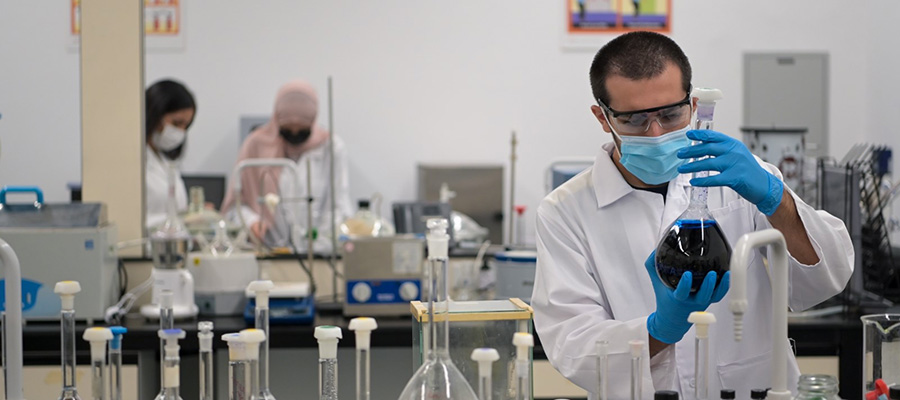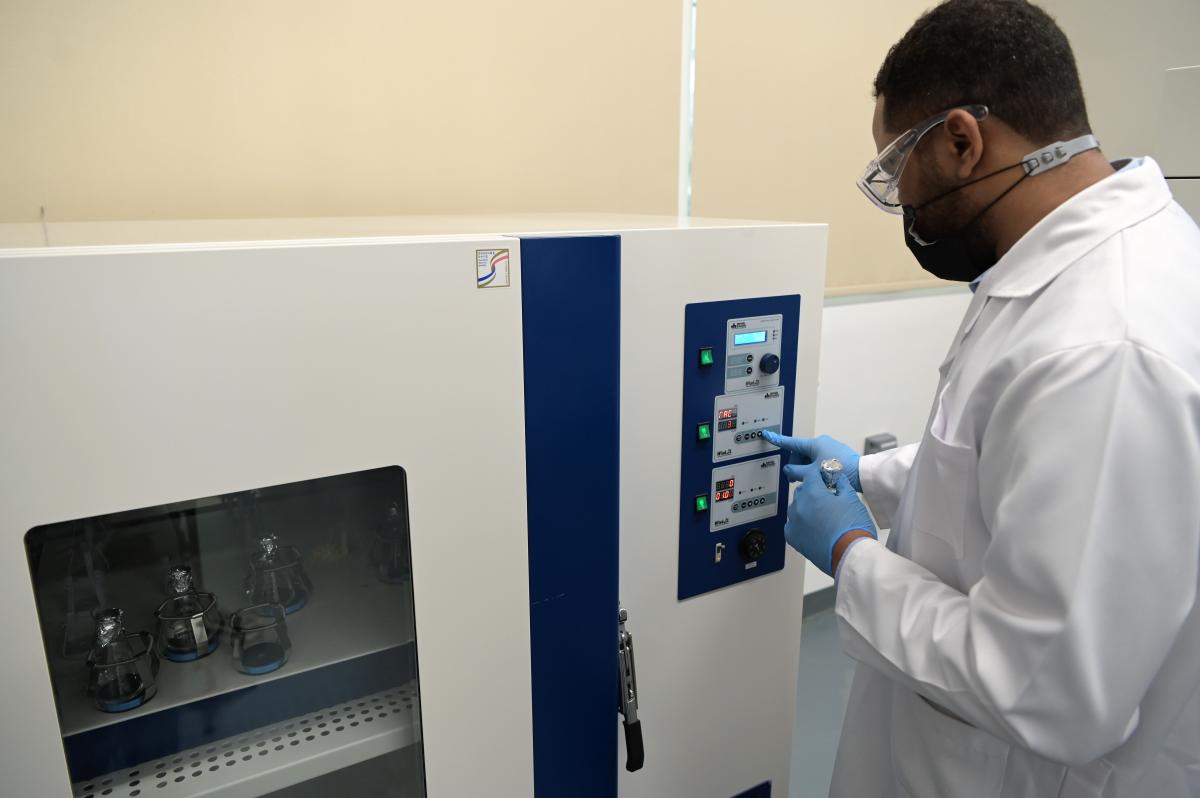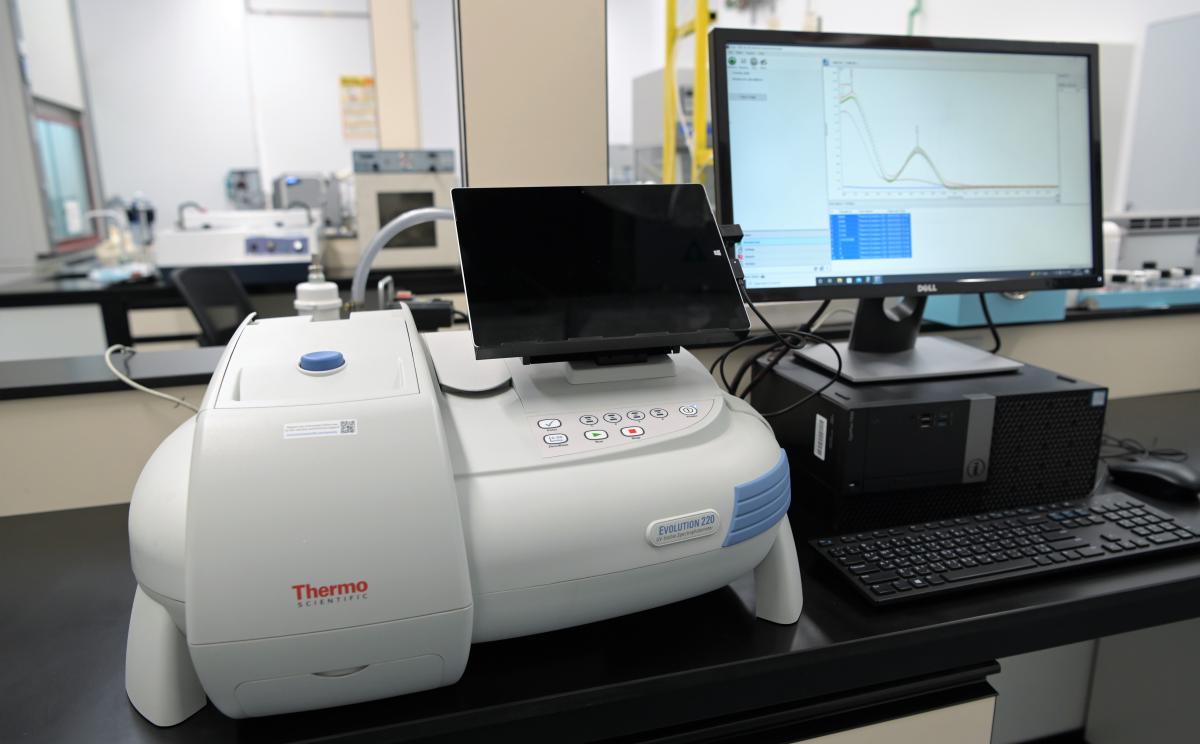Facilities
- Algae Lab
- Analytical Instrumentation Laboratory
- Biological Engineering Laboratory
- Chemical Reaction Engineering Laboratory
- Corrosion Laboratory
- Drug Delivery Laboratory
- Energy Systems Laboratory
- Environmental Research Laboratory
- Fluid Mechanics Laboratory
- Heat Transfer Laboratory
- Instrumentation and Control Laboratory
- Materials Science Laboratory
- Petroleum Refining Laboratory
- Thermochemical Conversion Laboratory
- Thermodynamics Laboratory
- Unit Operations Laboratory
- Water Technology Laboratory




